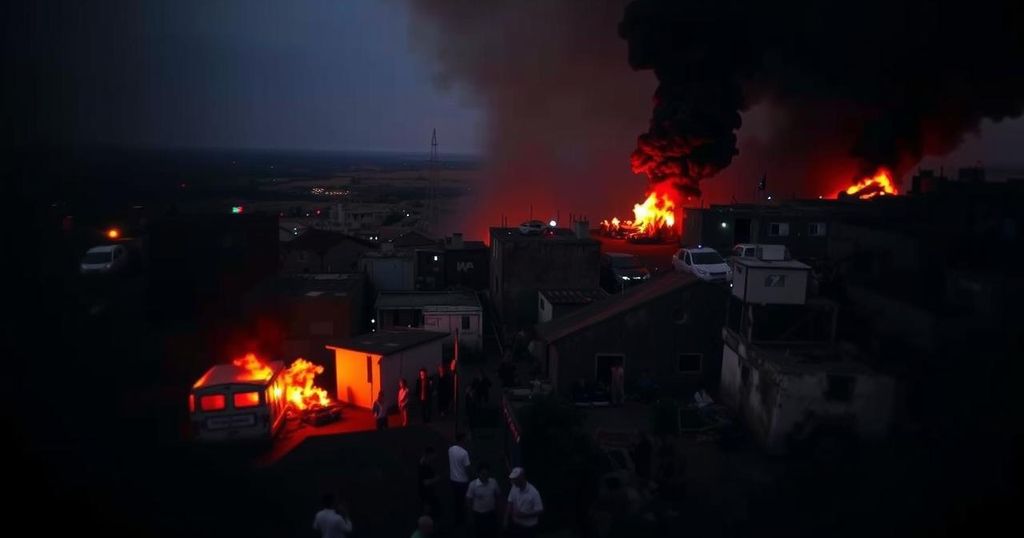U.S. President Joe Biden indicated that while there is potential for a ceasefire in Lebanon, achieving this in Gaza poses greater difficulties. He referenced the need to understand Israel’s response strategies concerning Iranian missile attacks without disclosing specific details.
During a press briefing in Berlin, U.S. President Joe Biden expressed cautious optimism about the potential for establishing a ceasefire in Lebanon, while noting that reaching a similar agreement in Gaza would present significant challenges. President Biden stated that understanding Israel’s strategic responses to missile attacks from Iran is crucial, although he refrained from providing detailed commentary on the specifics of Israel’s forthcoming actions. This acknowledgment reflects the complexity of the ongoing conflicts in the region, particularly as tension escalates amid increased military maneuvers.
The geopolitical landscape in the Middle East has been historically volatile, with Lebanon and Gaza often at the epicenter of conflict involving Israel and various militant groups. The recent reiteration of President Biden’s views on ceasefires emphasizes the delicate balance of diplomacy in addressing these regional crises. The mention of Israel’s anticipated military responses to Iranian provocations underscores the interconnected nature of Middle Eastern conflicts, where actions in one area can disproportionately affect stability in another.
In summary, President Biden’s remarks illuminate the challenges facing peace efforts in the Middle East, particularly in Lebanon and Gaza. His acknowledgment of Israel’s military readiness against Iranian missile threats reveals the complexities of international diplomacy in a conflict-laden region. Moving forward, the potential for a ceasefire remains tenuous, requiring sustained dialogue and engagement from all involved parties to navigate the intricate landscape of regional politics.
Original Source: english.alarabiya.net







